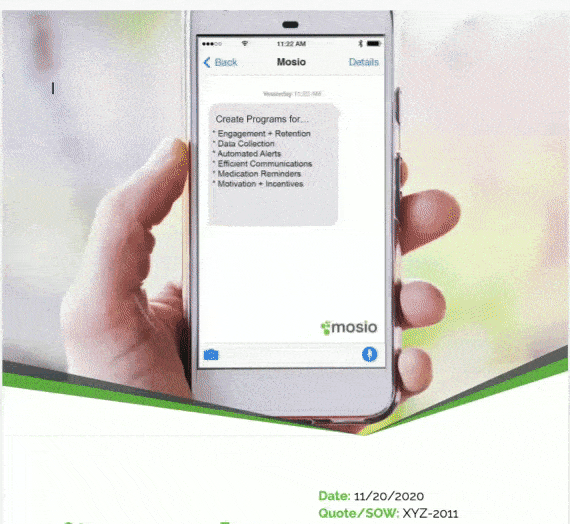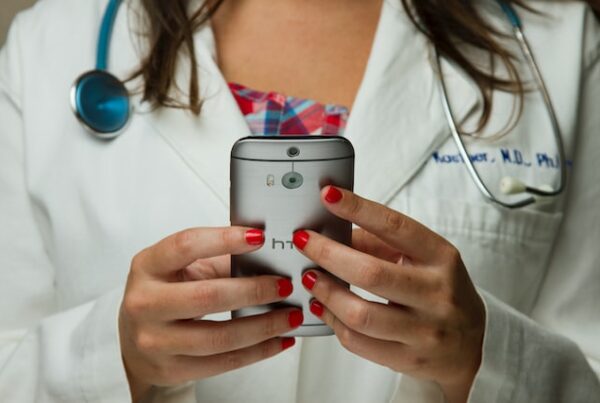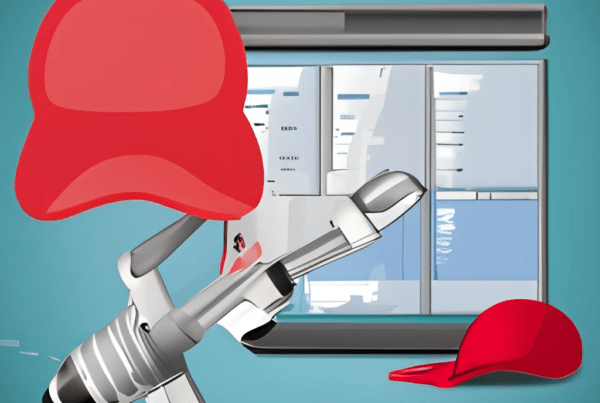Can technology bring people closer together and enhance clinical trial patient engagement? We think so, as does pharma executive Tom O’Leary, CIO at ICON. According to his most recent article on PharmExec.com, O’Leary says, “Relationship-centric technology presents a sizable emerging opportunity for sponsors to improve the performance of clinical development.” We couldn’t agree more.
O’Leary’s article is full of great information on relationship-centric technology. He stresses that relationships between patients and investigators can be strengthened by increasing patient trust, comprehension, and safety through relationship-centric technology. When given the opportunity to clearly understand the highly technical informed consent form (ICF) with complex vocabulary, ask questions about the trial and/or related conditions, and feel confident in treating conditions and symptoms, the patient/investigator relationship will be increasingly built up. This will allow patients to consistently engage during clinical trials, improving the performance of clinical development by establishing solid groups of patients with reliable clinical trial datasets.
While a few technologies are mentioned in the Pharmaceutical Executive article, our relationship-centric technology of choice is text messaging. Text messaging is the best way to communicate with patients since it uses a technology that is very personal to each individual: mobile devices. Mobile devices are the one technology that patients consistently have available throughout the day (and sometimes even throughout the night).
Establishing mobile devices as a primary relationship-centric technology in clinical trials means giving both patients and investigators (really, all research staff) an easy-to-use communication tool with no learning curve. This opens the door for simple two-way conversations that can build trust, comprehension, and safety — all while bolstering patient engagement. This can be performed in a number of ways, including (but definitely not limited to):
- Recruitment and enrollment alerts
- Patient retention through appointment and compliance reminders
- Questions to the site staff about ICF, drug dosing, symptoms, etc.
- Medication adherence reminders
- Patient education and information
- Patient motivation, encouragement and incentives
- Questionnaires to collect ePRO data.
In the article, O’Leary states, “We have now reached a tipping point where we need to explore a new design philosophy: that technology must focus on human relationships to increase engagement.” Text messaging does exactly this: establishes and builds human relationships between patients and site staff to increase engagement. With a nearly-endless list of engagement possibilities available via text, text messaging using mobile devices is the natural relationship-centric technology solution for clinical trials. As O’Leary ends, let’s “create substantial opportunities to deliver more effective clinical programs“, something we’re seeing a lot more of through the use of text messaging in clinical trials.
Want more exclusive industry insights? Join the Patient Recruitment and Retention (PR+R) LinkedIn Group.
Get a quote for Mosio’s patient engagement solutions.










